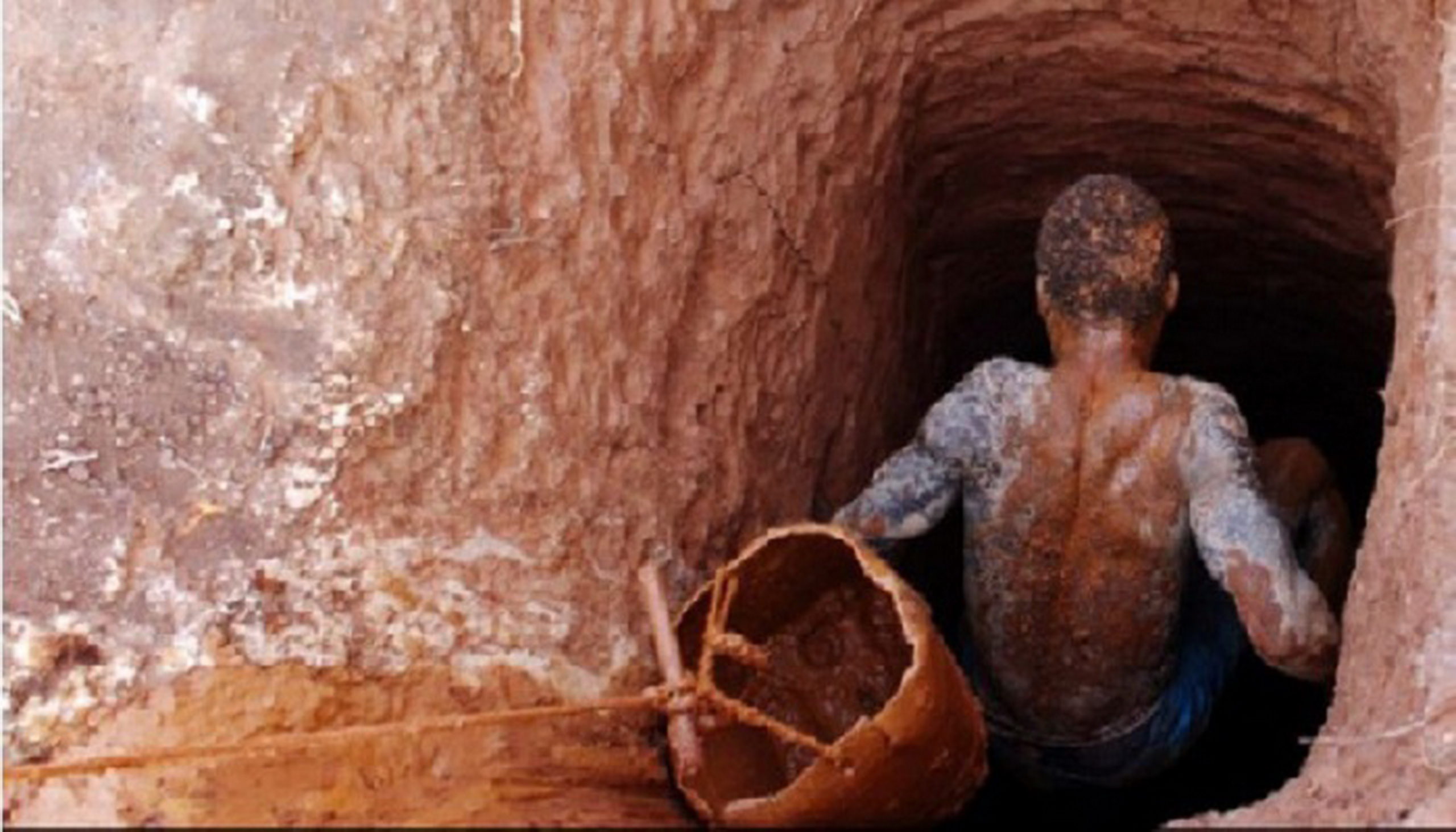
Galamsey Effects on Rivers: How Illegal Mining is Polluting Waterways in Ghana
Explore the damaging effects of galamsey on rivers in Ghana. Learn how illegal mining contaminates water sources, impacts ecosystems, and affects local communities.
Highlights:
- Water Contamination: Learn how toxic chemicals used in galamsey are polluting rivers and water bodies in Ghana.
- Ecosystem Disruption: Discover how illegal mining is harming aquatic ecosystems and wildlife.
- Impact on Communities: Understand the health and economic consequences of galamsey-induced water pollution for local populations.
Galamsey Effects on Rivers: How
Illegal Mining is Polluting Waterways in Ghana
Introduction
Galamsey, or illegal small-scale mining in Ghana, has left a significant
mark on the country’s natural resources, particularly its rivers. This
unregulated practice is not only damaging ecosystems but also contaminating
vital water sources with toxic chemicals. In this expository essay, we will
explore the effects of galamsey on rivers, focusing on water contamination,
ecosystem disruption, and the impact on local communities.
Water Contamination from Galamsey
Illegal mining practices involve the use of hazardous chemicals like
mercury and cyanide to extract gold from ore. These chemicals, often dumped
directly into nearby rivers, cause severe water pollution, threatening both the
environment and public health.
- Mercury Pollution: Mercury is one of the primary
chemicals used in galamsey to amalgamate gold. When miners handle mercury
improperly, it flows into rivers, where it bioaccumulates in aquatic life.
Mercury poisoning poses serious health risks to humans who consume fish from
contaminated waters and to wildlife within these ecosystems.
- Cyanide Use: Another dangerous chemical used
in illegal mining is cyanide, which dissolves gold from its ores. Cyanide
poisoning is lethal to aquatic organisms, leading to a dramatic decline in
fish populations. The presence of cyanide in rivers renders the water unsafe
for drinking, agricultural irrigation, and livestock.
Ecosystem Disruption
The contamination of rivers due to galamsey activities leads to
widespread disruption of aquatic ecosystems. Rivers are essential to sustaining
diverse flora and fauna, and their pollution causes imbalances that harm
biodiversity.
- Loss of Aquatic Life: Rivers affected by galamsey see
significant declines in fish populations and other aquatic species. The
introduction of toxic chemicals alters the water’s pH levels and reduces
oxygen, creating uninhabitable conditions for many species. The loss of
fish and invertebrates disrupts the entire food chain, affecting both
aquatic life and animals that depend on these ecosystems.
- Habitat Destruction: Illegal miners often alter
riverbanks and riverbeds to facilitate mining activities, destroying
natural habitats for aquatic life. This leads to erosion, sedimentation,
and changes in water flow, which further disrupts ecosystems and threatens
the survival of species adapted to these environments.
Impact on Local Communities
The effects of galamsey on rivers extend beyond environmental degradation
to affect the livelihoods and well-being of local communities. Rivers provide
water for drinking, farming, and fishing, and their contamination has severe
consequences for the people who depend on them.
- Health Risks: Communities relying on polluted
rivers for drinking water are exposed to serious health hazards. Mercury
poisoning can lead to neurological damage, kidney failure, and
developmental disorders, particularly in children. Cyanide exposure can
cause respiratory issues, heart problems, and even death in extreme cases.
- Economic Impact: Many rural communities depend on
rivers for their livelihoods, particularly through fishing and
agriculture. As galamsey continues to degrade water quality and destroy
aquatic life, these communities face declining fish stocks and reduced
agricultural productivity. This creates economic hardships, forcing many
individuals to abandon traditional livelihoods and, in some cases, turn to
illegal mining for income.
- Water Scarcity: As galamsey operations continue
to pollute rivers, local populations are forced to seek alternative
sources of clean water. This often leads to water scarcity, where
communities must travel long distances or rely on costly water treatment
facilities. In regions heavily affected by galamsey, waterborne diseases
are on the rise due to the lack of access to safe drinking water.
Government Efforts to Combat Galamsey and Restore Rivers
In response to the growing crisis of river pollution caused by galamsey,
the Ghanaian government has implemented several initiatives aimed at curbing
illegal mining and restoring affected water bodies.
- Operation Vanguard: Launched in 2017, this
military-led task force was established to combat illegal mining and shut
down galamsey operations. The task force has made progress in reducing
illegal mining activities, though challenges persist due to the scale of
the problem and resistance from illegal miners.
- River Reclamation Projects: Efforts are underway to restore
rivers that have been heavily polluted by galamsey. Reclamation projects
involve removing harmful chemicals, replanting vegetation along
riverbanks, and rehabilitating degraded lands to restore ecosystems and
improve water quality.
Conclusion
The effects of galamsey on rivers in Ghana are severe and far-reaching.
From water contamination and ecosystem disruption to health risks and economic
impacts on local communities, illegal mining poses significant challenges to
the sustainability of the country’s water resources. While efforts to combat
galamsey and restore rivers are ongoing, sustained action is needed to address
the root causes of illegal mining and protect Ghana’s waterways for future
generations.

